Institute for European Studies
Children and Youths’ Migration in a Global Landscape Talk

October 5, 2022
10:30 am
Contributing authors of Children and Youths’ Migration in a Global Landscape (Emerald, 2022) are joining the Migrations initiative to speak about their work and writing.
The edited volume asks how transnational mobility shapes the lives of young people and in each chapter, scholars present the stories of children from areas such as Myanmar, India, Hungary, the U.S., and Central America. Individually, these case studies address issues related to educational attainment, family reunification, social mobility, and identity. Collectively, these studies push us to question our assumptions about what it means to be a transnationally mobile child or youth.
The discussion will be moderated by Migrations postdoc Angel Escamilla García and one of the book’s editors, Adrienne Lee Atterberry.
Additional Information
Program
Einaudi Center for International Studies
Southeast Asia Program
Latin American and Caribbean Studies
Institute for European Studies
South Asia Program
Dissidence: Reading and Reception

Dmitry Bykov and Pedro X. Molina
September 23 at noon: Einaudi visiting critics share their experiences at this joint event with Migrations and Ithaca City of Asylum.
Additional Information
FLIP Volunteer Orientation & Organizational Meeting

September 23, 2022
11:30 am
Uris Hall, G08
Volunteer with the Foreign Language Introduction Program! FLIP has introduced thousands of children in Upstate New York to world languages and cultures. Volunteers from Cornell and surrounding communities who speak foreign languages provide fun ways for K–12 students to learn about and engage with our increasingly interconnected world.
FLIP's first organizational meeting and volunteer orientation of the semester will take place on September 23rd, 11:30am to 1:00pm, at Uris Hall G08. Lunch and beverages will be served! We welcome everyone who considers joining FLIP or has any questions about FLIP to attend this organizational event – a great opportunity to meet with our team members, previous volunteers, and get to know more about our program.
Please let us know about if you would like to attend, and any dietary restrictions! If you have friends who are interested in FLIP, please feel free to forward this email to them as well. We are looking forward to seeing you all next Friday!
Additional Information
Program
Einaudi Center for International Studies
Reppy Institute for Peace and Conflict Studies
East Asia Program
Southeast Asia Program
Latin American and Caribbean Studies
Institute for African Development
Institute for European Studies
South Asia Program
Global Hubs Info Session: Joint Seed Grants with University College London
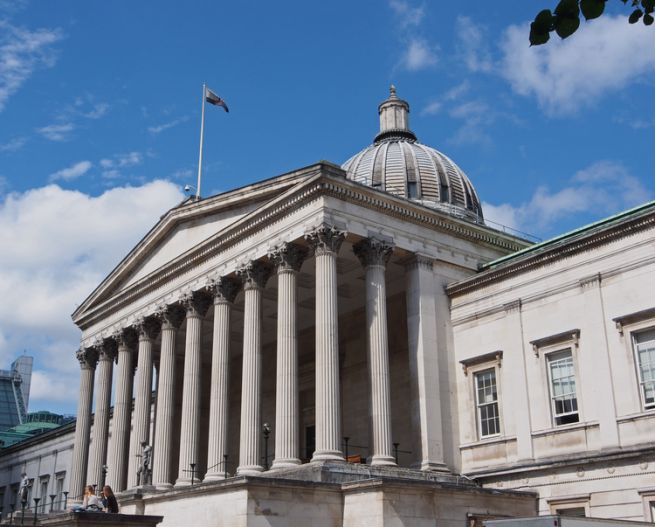
October 4, 2022
9:00 am
Global Cornell is offering competitive faculty grants in collaboration with Global Hubs partners.
Apply for funding to explore potential research collaborations with colleagues at Hubs universities.
These Joint Research and Seed Grants have been established to bring faculty from partner institutions together to develop joint projects that will strengthen Cornell and Global Hubs partner universities' strategic priorities and develop multidisciplinary cutting-edge research and curriculum to create academic and societal impact.
Please join us on October 4 (9:00–10:00 a.m. ET / 2:00–3:00 p.m. GMT) for a joint info session to learn more about the King's College London–Cornell grant opportunity. Q&A and collaboration matchmaking will follow a short presentation.
UCL-Cornell Seed Funds:
Up to five (5) research proposals will be fundedEach successful proposal may receive up to $5,000/£4,000 from each university for a total of $10,000/£8,000Project duration: January 1–December 31, 2023Submission deadline: October 21 by 11:59 pm ET/October 22 by 4:59 a.m. GMTRegister today for the UCL-Cornell Joint Info Session on Zoom
Learn about additional seed grants available with other Global Hubs partners.
Additional Information
Program
Einaudi Center for International Studies
Institute for European Studies
Global Hubs Info Session: Joint Seed Grants with King's College London
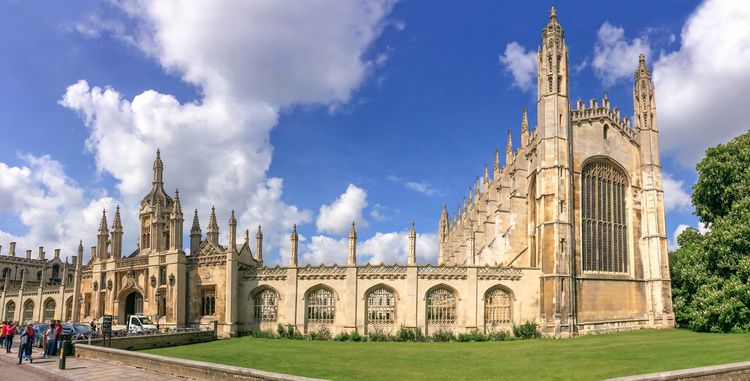
September 30, 2022
9:00 am
Apply for funding to explore potential research collaborations with colleagues at Hubs universities.
These Joint Research and Seed Grants have been established to bring faculty from partner institutions together to develop joint projects that will strengthen Cornell and Global Hubs partner universities' strategic priorities and develop multidisciplinary cutting-edge research and curriculum to create academic and societal impact.
Please join us on September 30 (9:00–10:00 a.m. ET / 2:00–3:00 p.m. GMT) for a joint info session to learn more about the King's College London–Cornell grant opportunity. Q&A and collaboration matchmaking will follow a short presentation.
King's–Cornell Seed Funds:
Up to five (5) proposals will be fundedEach successful proposal may receive up to the equivalent of $5,000/£4,000 from each university for a total of $10,000/£8,000Project duration: January 1–December 31, 2023Submission deadline: October 21 by 11:59 pm ET/October 22 by 4:59 a.m. GMTRegister today for the King’s-Cornell Joint Info Session on Zoom
Learn about additional seed grants available with other Global Hubs partners.
Additional Information
Program
Einaudi Center for International Studies
Institute for European Studies
Global Hubs Info Session: Joint Seed Grants with Imperial College London
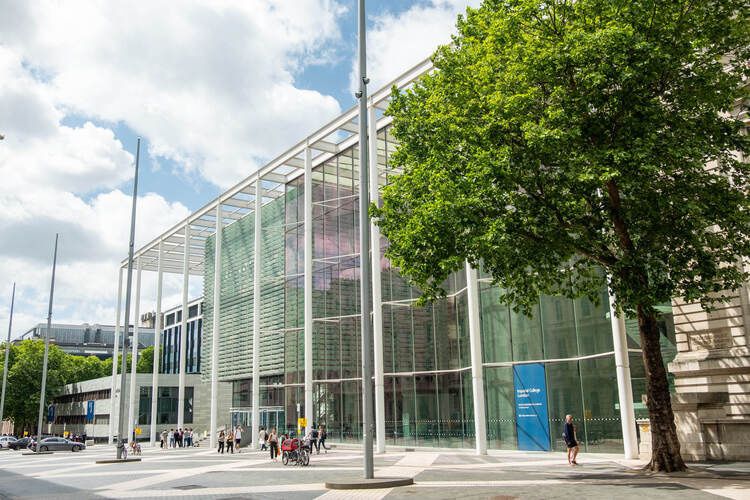
September 26, 2022
9:00 am
Global Cornell is offering competitive faculty grants in collaboration with Global Hubs partners.
Apply for funding to explore potential research collaborations with colleagues at Hubs universities.
These Joint Research and Seed Grants have been established to bring faculty from partner institutions together to develop joint projects that will strengthen Cornell and Global Hubs partner universities' strategic priorities and develop multidisciplinary cutting-edge research and curriculum to create academic and societal impact.
Please join us on September 26 (9:00–10:00 a.m. ET / 2:00–3:00 p.m. GMT) for a joint info session to learn more about the Imperial College London–Cornell grant opportunity. Q&A and collaboration matchmaking will follow a short presentation.
Imperial-Cornell Seed Fund:
Up to five (5) teaching proposals will be funded. Each successful proposal may receive up to $4,000 from each university for a total of $8,000Project duration: January 1–December 31, 2023Submission deadline: October 21 by 6:59 p.m. ET/11:59 p.m. GMTRegister today for the Imperial-Cornell Joint Info Session on Zoom
Learn about additional seed grants available with other Global Hubs partners.
Additional Information
Program
Einaudi Center for International Studies
Institute for European Studies
Global Hubs Info Session: Joint Seed Grants with University of Edinburgh
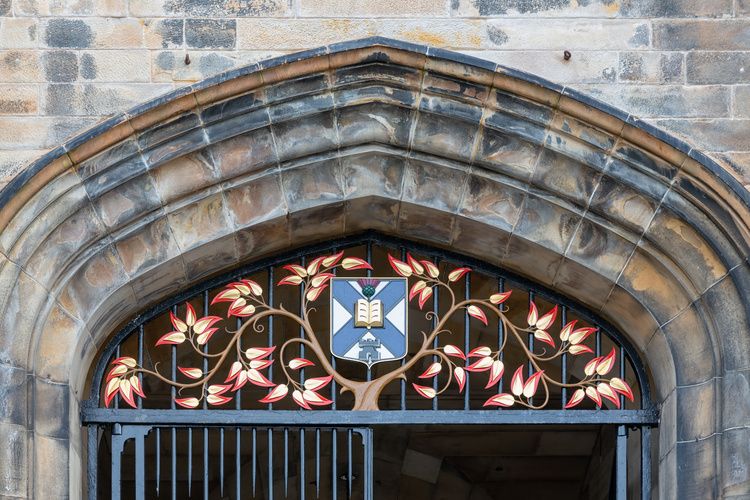
September 30, 2022
10:30 am
Global Cornell is offering competitive faculty grants in collaboration with Global Hubs partners.
Apply for funding to explore potential research collaborations with colleagues at Hubs universities.
These Joint Research and Seed Grants have been established to bring faculty from partner institutions together to develop joint projects that will strengthen Cornell and Global Hubs partner universities' strategic priorities and develop multidisciplinary cutting-edge research and curriculum to create academic and societal impact.
Please join us on September 30 (10:30–11:30 a.m. ET/3:30–4:30 p.m. GMT) for a joint info session to learn more about the University of Edinburgh–Cornell University grant opportunity. Q&A and collaboration matchmaking will follow a short presentation.
Edinburgh–Cornell Seed Funds:
Up to five (5) proposals will be fundedEach successful proposal may receive up to $5,000/£4,000 from each university for a total of $10,000/£8,000Project duration: January 1–December 31, 2023Submission deadline: October 21 by 11:59 pm ET/October 22 by 4:59 a.m. GMTRegister today for the Edinburgh-Cornell Joint Info Session on Zoom.
Learn about additional seed grants available with other Global Hubs partners.
Additional Information
Program
Einaudi Center for International Studies
Institute for European Studies
Cornell Global Hubs
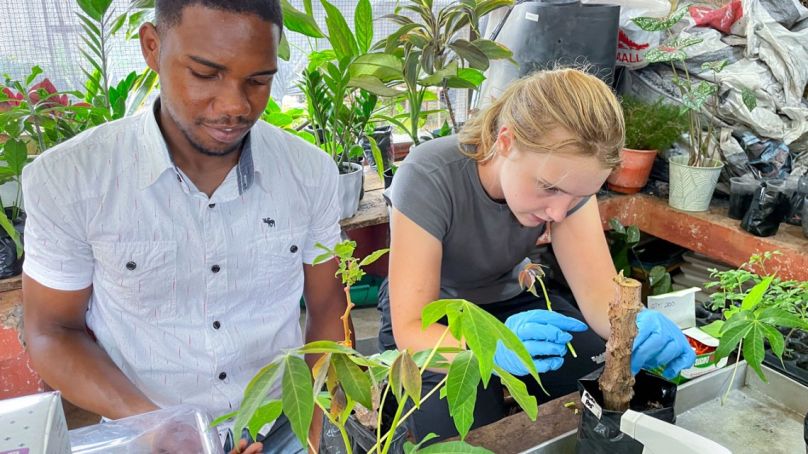
20 partner universities in 11 locations
New initiative expands opportunities, provides infrastructure, and greases the wheels for faculty, alumni, and students across the university.
Additional Information
Cornell Global Hubs

Cornellians will network, teach, collaborate, intern, and study with 20 universities across the world—the inaugural Cornell Global Hubs.
Inequality, Income Growth and Preferences for Redistribution in Contemporary Europe
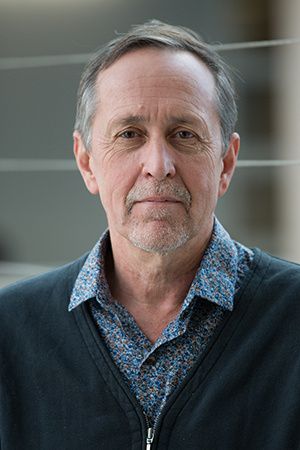
September 13, 2022
12:30 pm
Rockefeller Hall, 112
This talk argues that income growth conditions citizens’ responses to changes in inequality. Poor and rich alike respond to rising inequality by demanding more redistribution when their incomes stagnate or decline. Income growth renders the poor less concerned about inequality and makes the rich think that the poor ought to be able to manage on their own. This talk tests these claims by matching data from the European Social Survey with objective measures of income inequality and income growth over the period 1999-2018, and also mobilizes original 2019 survey data on perceptions of inequality changes and the state of the macroeconomy.
Speaker
Jonas Pontusson, University of Geneva
Prior to moving to Geneva in 2010, he taught at Cornell University (1984-2005) and Princeton University (2005-10). He has been a visiting scholar at Nuffield College (Oxford), the Swedish Collegium for Advanced Study in Social Sciences (Uppsala), the Russell Sage Foundation (New York), Sciences Po (Paris) and the Hertie School of Governance (Berlin).
Presented by the Department of Government and the Institute for European Studies
Additional Information
Program
Institute for European Studies
